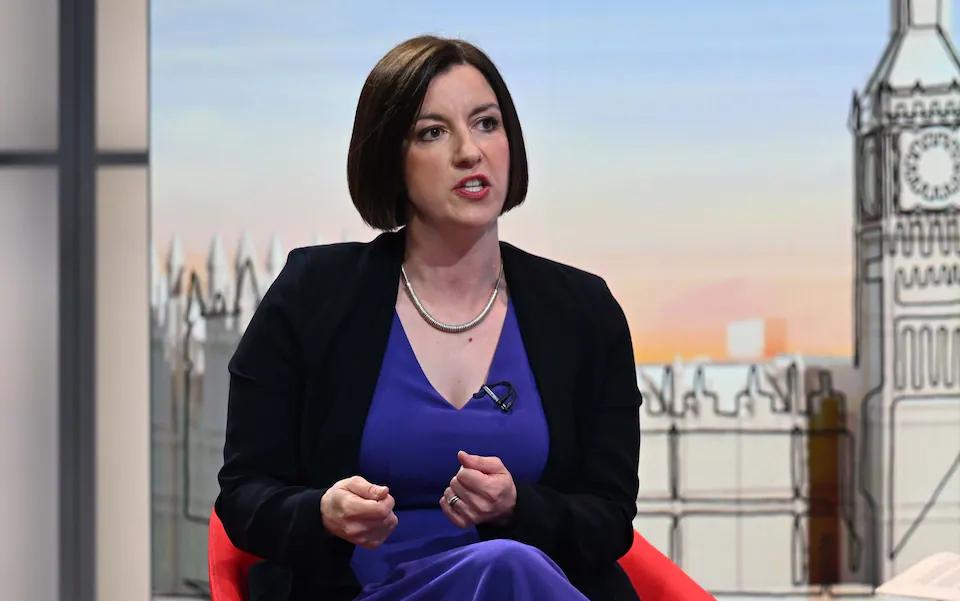Education Secretary Bridget Phillipson has defended Labour’s decision to scale back its original plan to give workers protection from unfair dismissal from their first day in a job.
The government now plans to reduce the qualifying period from two years to six months instead.
Phillipson said the change was a pragmatic compromise that would help Labour pass its wider employment rights bill, which includes new day-one rights to sick pay and paternity leave. She argued that without the adjustment, the entire bill risked being blocked in Parliament.
Labour had previously promised in its election manifesto to introduce unfair dismissal protection from day one.
However, business groups warned this could make employers hesitant to hire new staff. Several unions and business organisations later agreed on a six-month qualifying period, prompting Labour’s shift.
Critics, especially from the left of the Labour Party and the Unite union, say the change clearly breaks the manifesto promise.
Unite leader Sharon Graham described the move as absolutely a breach and warned of further weakening of workers’ rights.
Ministers insist the adjustment still represents major progress, lowering the qualifying period from two years to six months.
The government also says it remains committed to writing the changes into law to prevent a future government from reversing them easily.
While day-one rights to sick pay and paternity leave are scheduled to begin in April 2026, the start date for the new six-month unfair dismissal threshold has not yet been announced.



